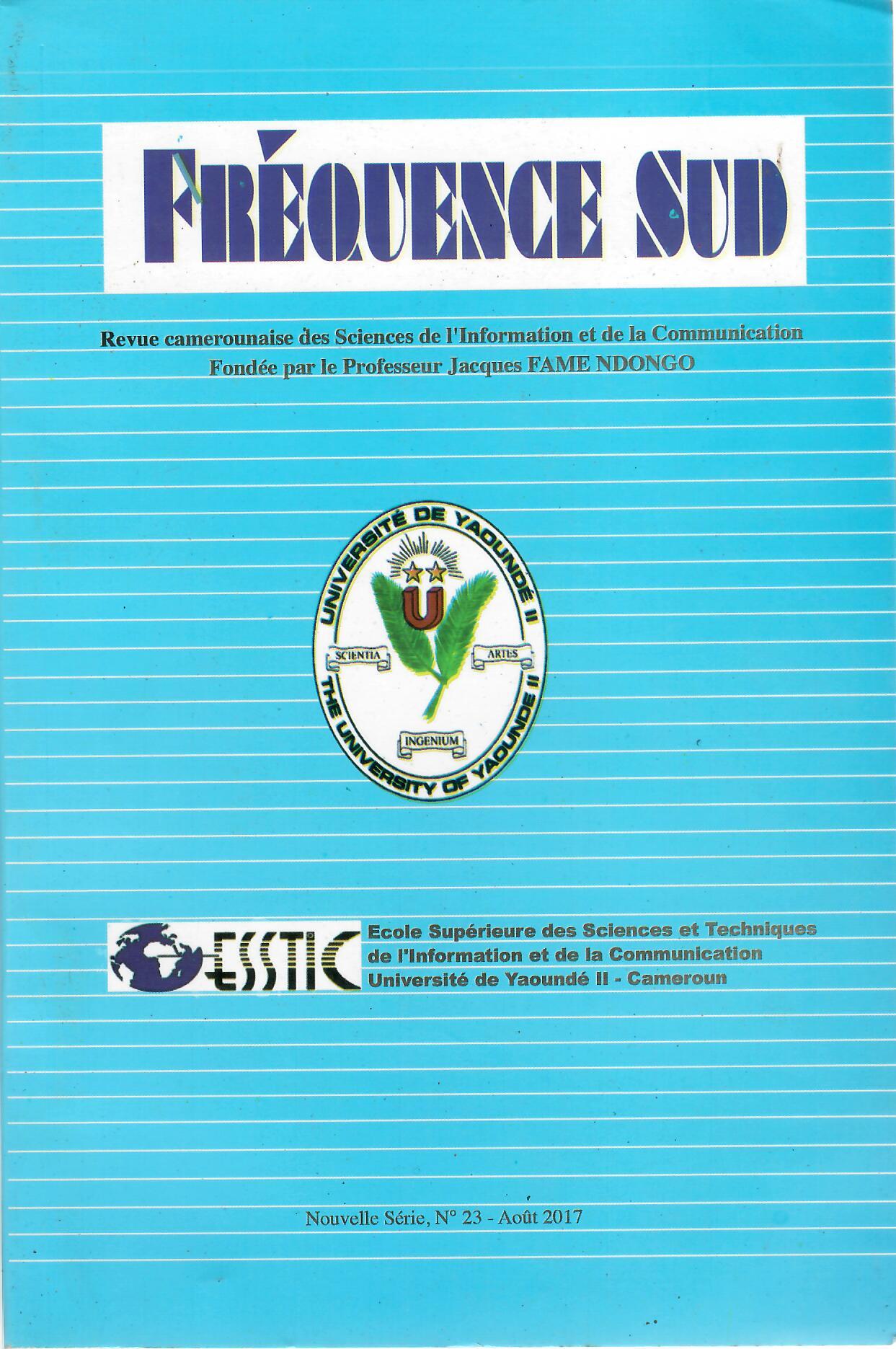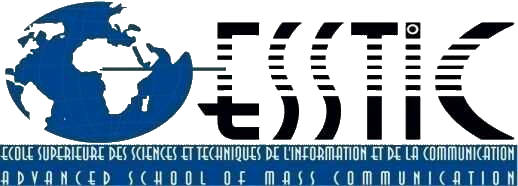COMMENT NAISSENT LES DISCOURS
Résumé
RESUME
Le présent article ambitionne d’étudier les transformations lexicales et argumentatives qui ont affecté le discours des institutions internationales avec l’apparition du sida depuis le début des années 80 et d’examiner de ce fait comment le sida a constitué au plan international un événement de langage et est parvenu à occuper un point central de l’agenda des rencontres internationales y compris dans les cercles et les milieux a priori éloigné des questions sociales ou médicales. A partir d’une perspective socio-historique, nous nous intéressons aux processus institutionnels de formulation et de formalisation du sida, qui ont permis son « invention » institutionnelle et son inscription dans la sphère du discutable internationale, qu’il s’agisse de l’Assemblée générale et du conseil de sécurité des Nations unies, ou d’autres instances internationales tels les forums économique que sont le G8, le G20, les BRICS. La gestion du sida à travers le discours qui le porte se révélant tant un support qu’un voile des enjeux qui structurent les rapports entre différents acteurs. La participation à l’histoire politique du sida est par conséquent fonction de l’insertion dans l’espace de mobilisation des acteurs sociaux confrontés en même temps au monde biologique (le sida et son extension, les virus), aux objets (les médicaments, les instruments de diagnostic) et aux autres acteurs engagés dans la mobilisation.
ABSTRACT
This article aims at studying the lexical and argumentative transformations which have affected the speeches of international institutions with the emergence of AIDS since the early 1980s and to examine how AIDS has constituted a language event at the international level and has succeeded to be a central point on the agenda of international meeting, incliding places and circles which can be considered distant from social or medical issues. From a socio-historical perspective, we are interested in the institutional processes of formulating and formalizing AIDS, which have allowed its institutional « invention » and its inclusion in the sphere of international debate, be it at the UN General Assembly and the UN Security Council, or other international economic forums such as the G8, G20, BRICS. The management of AIDS through speeches reveals both a tool and a veil of the stakes that structure relations between various actors. Participation in the political history of AIDS therefore depends on the function of the integration into the space of mobilization of social actors who are confronted simultaneously with the biological world (AIIDS and its spread, viruses), objects (drugs, diagnostic tools) and with other actors involved in mobilization.


